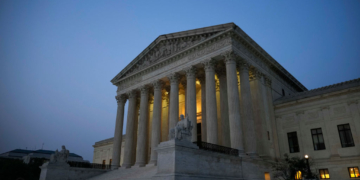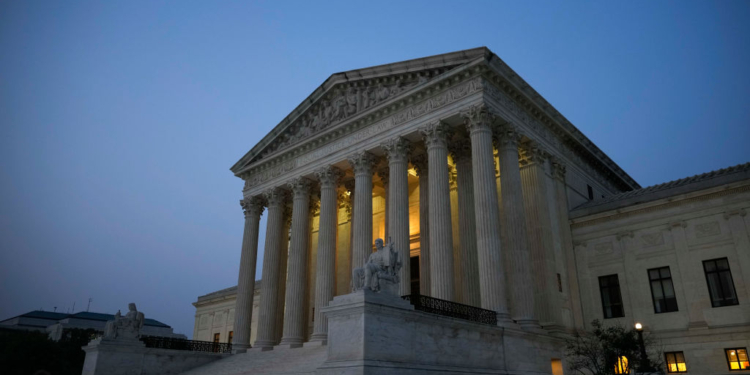The U.S. Supreme Court unanimously ruled in favor of a teenage girl with a rare form of epilepsy on Thursday, a decision anticipated to simplify the process for families of children with disabilities to take legal action against schools over educational access.
According to the Associated Press, the girl’s family argued that her Minnesota school district did not sufficiently address her need for disability accommodations, particularly failing to offer adequate evening instruction when her seizures occur less frequently, which they believe is essential for her learning.
Although a lower court had previously acknowledged that the school had failed to meet its obligations, it ultimately rejected the family’s request for damages.
This was due to a regional legal precedent requiring plaintiffs to prove that schools acted with “bad faith or gross misjudgment,” a stricter standard than typically applied in disability discrimination cases.
Osseo Area Schools, the girl’s school district, cautioned that reducing the legal threshold for claims could leave the nation’s already strained public school systems vulnerable to increased litigation, even when educators and administrators are making efforts to support students.
Chief Justice John Roberts wrote that children with disabilities face “daunting challenges on a daily basis.”
“We hold today that those challenges do not include having to satisfy a more stringent standard of proof than other plaintiffs,” Roberts wrote.
The court rejected the district’s last-minute appeal, which sought to impose a stricter legal standard on all disability accommodation claims.
The girl’s legal team warned that such a change would have sparked a “five-alarm fire” within the disability rights community, dramatically altering the landscape for those seeking educational support.
Justice Clarence Thomas and Justice Brett Kavanaugh, penned separate opinions indicating openness to reviewing those arguments in the future, but gave no indication whether they would be successful.
Roman Martinez, an attorney at Latham & Watkins, praised the court decision as a significant victory for the girl’s family and for “children with disabilities facing discrimination in schools across the country.”
Martinez emphasized that the ruling “will help protect the reasonable accommodations needed to ensure equal opportunity for all.”

























